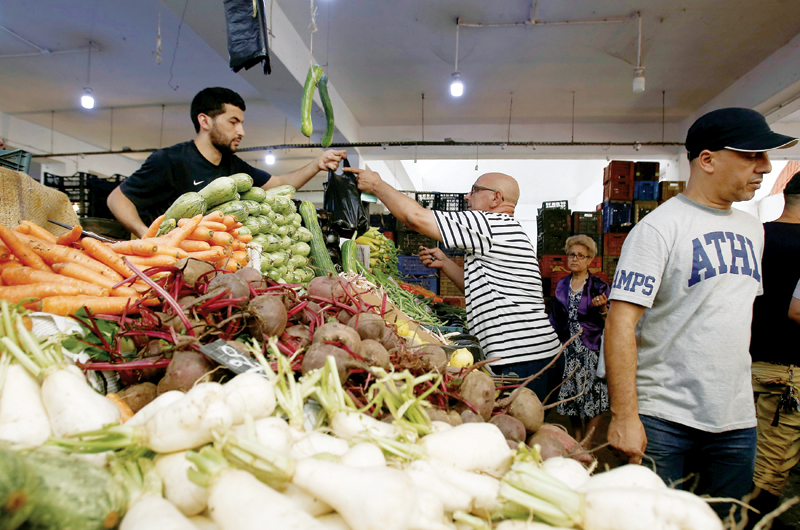

On the face of it, Algeria’s state-dominated economy has weathered six months of turmoil well, with flightloads of public sector workers heading abroad for holidays even as protesters who ousted the veteran president in April now target his allies.
But business, and leisure, as usual for the North African country’s army of state employees masks a growing economic drama behind the standoff between political, business, labour and military elites and those determined to force them out.
The country’s rich oil and gas resources are still flowing, but thousands of jobs are on the line and growth is stuttering in an economy where official data shows one in four of the under-30s, who form 70 per cent of the population, is unemployed.
The resignation of Abdelaziz Bouteflika in April was followed by the appointment of an interim president overseen by the military, and corruption investigations have been opened into some of those around the former leader.
Putting tycoons close to Bouteflika behind bars was a key demand of the protests. But while investigations drag on, five big firms across sectors from sugar to cars are almost paralysed as their owners struggle to sign pay checks or orders to import materials because their bank accounts have been frozen.
Malik, one of 15,000 employees of detained businessman Ali Haddad, said he had just been sacked as a reporter for Dzayer TV. “The managers told me there is no more money,” he said, withholding his second name for fear of repercussions.
Haddad denies wrongdoing and the interim government says it will find ways to safeguard jobs, but after three months without pay, hundreds of his workers have joined tens of thousands of demonstrators who gather weekly in the capital Algiers.
Elections for a successor for Bouteflika have been postponed indefinitely, despite a dialogue between opposition parties and the non-party government managed by army chief Lieutenant General Ahmed Gaed Salah.
To limit further dissent, the interim government has held back planned reforms, initiated towards the end of Bouteflika’s 20-year rule, to wind down subsidies, open the economy to investment and create jobs outside bloated public services.
An energy law to cut red tape is on hold and inside Algeria’s sprawling state energy company Sonatrach, which is hoping to boost production by linking up with oil majors, there is growing concern.
“Output is ongoing at Sonatrach, but everything else is completely frozen including talks with Exxon and Chevron,” a Sonatrach source said, declining to be named due to the delicate political situation. Exxon declined to comment. — Reuters
Oman Observer is now on the WhatsApp channel. Click here



